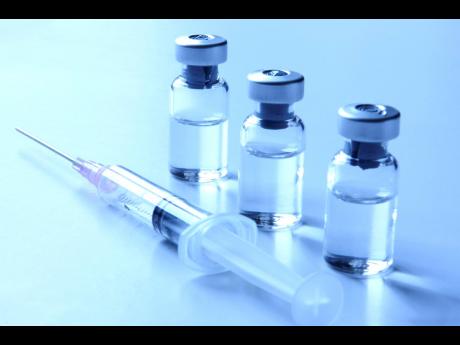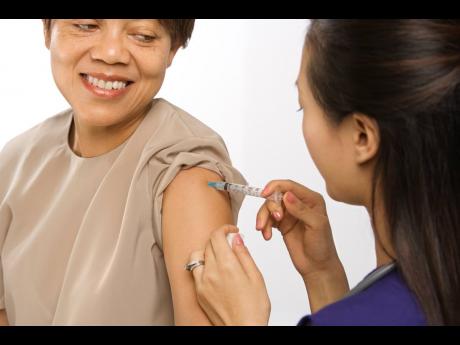Are you protected against Hepatitis B? Getting this vaccine could prevent liver disease and cancer
Getting this vaccine could prevent liver disease and cancer
I recall a colleague frantically complaining that his blood tests showed that he was not protected against the hepatitis B virus, or HBV, blaming himself for having ‘messed up’ his immunisation schedule after missing two of the three doses required over the six-month period.
Like him, when it came time for me to work in North America, my blood tests showed that I was not protected, although I had received all HBV vaccine doses. About one out of every 10 persons who receive the hepatitis B vaccine may require revaccination. We both had to be revaccinated.
WHAT IS HEPATITIS B?
Hepatitis B is a virus that attacks the liver. The liver is like a large triangle just under the ribs on the right side of the belly. It is the body’s power house for breaking down waste, processing medications, and making blood.
Infection with HBV may cause loss of appetite, fever, belly pain, dark urine, light-coloured stool, joint pains, yellowing of the skin and eyes, and vomiting.
It can be spread from an infected mother to her baby, through sexual contact, contaminated instruments, piercings, tattooing, and among drug users who share needles. Persons with kidney disease and persons living in a household where someone is living with hepatitis B are at risk.
HEPATITIS B effects
Most people who become infected as adults with HBV will recover, but about one out of every 20 persons will continue to have the virus in their body or have chronic HBV.
Among persons who go on to have chronic HBV, nearly one out of every five will die from cirrhosis or hardening of the liver or liver cancer. For babies, the situation is far worse – 95 per cent of babies who get HBV go on to get chronic disease, and more than one out of every four of them die early from liver cirrhosis or liver cancer, and the others eventually die from liver failure. The World Health Organization reports that nearly one million people die from HBV in a year, and there are over 250 million people living with the virus worldwide.
In Jamaica, studies conducted in the early 2000s by the University of the West Indies have reported levels ranging from one out of every 200 pregnant women, one out of every 30 persons receiving treatment for sexually transmitted infections, to one out of every three persons with HIV.
VACCINES AND BLOOD TESTS
There is an effective way to prevent HBV, and that is by getting the vaccine. The HBV vaccine contains a small amount of a harmless part of the hepatitis B virus taken from its surface or covering. It is usually given in three doses over a six-month period.
The vaccine trains your body to look out for HBV and to protect you from infection should you become exposed.
If you are around my age, thirties or older, then you might not have received the hepatitis B vaccine at public clinics growing up.
Nowadays, children receive the HBV vaccine in the public system. There is a blood test that can check if you are protected or if you have had previous or ongoing infection with HBV.
Based on these results, your doctor can determine whether to offer vaccination.
For persons at high risk for HBV, it may be useful to have this blood test about one to two months after receiving the vaccines to ensure that you are protected, and if not adequately protected, your doctor can advise on vaccination.
HERE’S WHAT YOU CAN DO NOW
Ask your doctor about hepatitis B, and whether you are at risk. Be mindful of how HBV is spread, including through sex, and tattooing or piercings.
There are other types of hepatitis viruses:
n Hepatitis A is spread mainly through contaminated water or food, and yes, there is a vaccine available.
n Hepatitis C spreads mainly through contaminated needles, including unsafe tattooing, but there is no vaccine available.
Check your immunsation card to see if you were vaccinated against HBV. If in doubt, you can ask your doctor about getting the vaccine or the blood test.
n Dr Yohann White is medical director at Para Caribe Consulting. Email feedback to yourhealth@gleanerjm.com and yohann.white@caribewellness.com; @CaribeWellness




